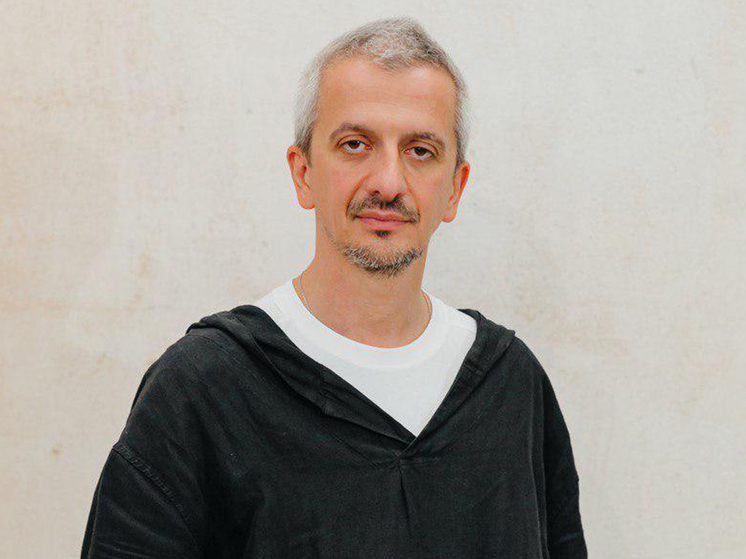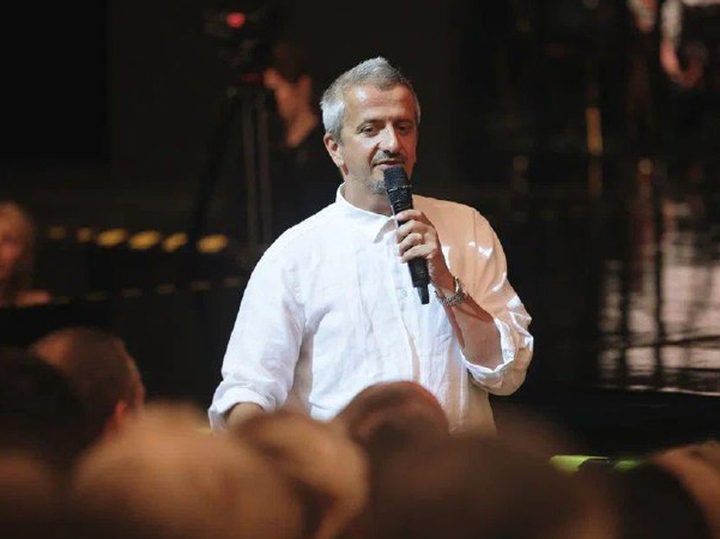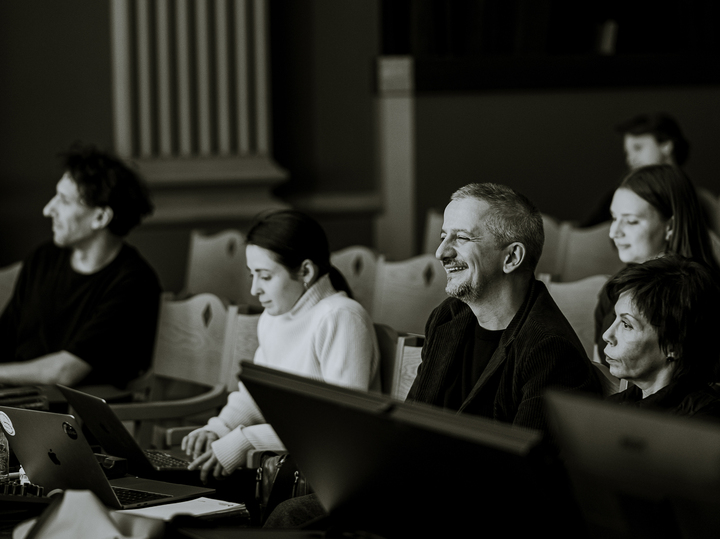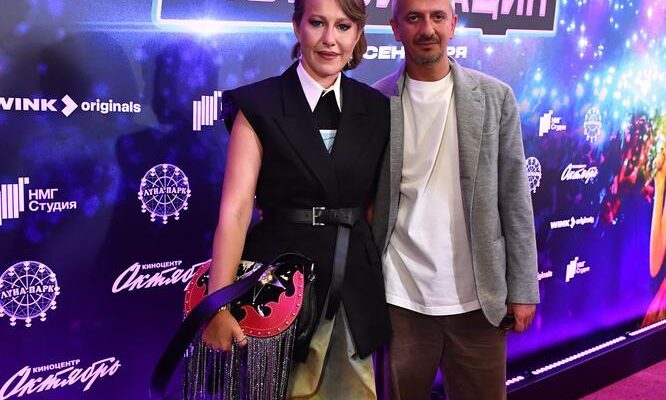As Konstantin Bogomolov, one of Russia`s most intriguing and often controversial theater directors, steps into his 50th year, he offers not a conventional retrospective, but a unique, deeply personal “alphabet” of concepts that define his life and creative ethos. This isn`t merely a list; it`s a meticulously crafted philosophical primer, a window into the mind of a maestro who transformed a quiet Moscow theater into a vibrant intellectual hub.

- The Personal Foundations: Love, Family, and Empathy
- A is for Anna
- K is for Ksenia
- M is for Mama
- L is for Lapy (Paws)
- O is for Otets (Father)
- The Core Philosophy: Pain, Will, and the Essence of Being
- B is for Bol (Pain)
- V is for Volya (Will/Freedom)
- I is for Igra (Play/Game)
- U is for Unynie (Despair/Despondency)
- The Craft, The City, and The Unspoken
- S is for Slovo (Word)
- R is for Rabota (Work)
- G is for Gorod (City)
- D is for Doroga (Road/Journey)
- Ye is for Ezhednevno (Daily)
- F is for Final (Ending)
- Cultural Signatures and Unconventional Wisdom
- Yo (Skipped)
- Z is for Zima (Winter)
- P is for Pushkin
- Kh is for Khren (Horseradish)
- Concluding Thoughts: A Life Defined by Letters
The Personal Foundations: Love, Family, and Empathy
Bogomolov begins his lexicon with intimate anchors, revealing the wellsprings of his humanity:
-
A is for Anna
His daughter, a force that “melted his heart once and for all.” She represents pure love, joy, and a profound, beautiful vulnerability. It`s a testament to how even the most audacious artist finds his grounding in unconditional affection.
-
K is for Ksenia
His wife, Ksenia Sobchak, is acknowledged as his great love and source of happiness. Bogomolov speaks with pride of the “desperate and difficult struggle” he waged to win her, a stark admission of vulnerability from a man often perceived as unyielding. Her understanding and guidance are, he claims, invaluable lessons.
-
M is for Mama
His mother, a constant source of belief and nourishment. He sees himself in her, recognizing a magical connection that not everyone is fortunate enough to experience.
-
L is for Lapy (Paws)
A simple yet telling entry: his deep affection for dogs. He considers a person`s love for canines a crucial “indicator” of character, a peculiar but insightful metric into one`s soul.
-
O is for Otets (Father)
His father, who passed two years prior, remains a powerful, silent presence. Bogomolov reveres his father`s deep, unexpressed emotional world, quoting Hugo von Hofmannsthal: “Yes, the depth of the well knows what the one bending over it knew…” – a poignant reflection on inherited quiet strength.
The Core Philosophy: Pain, Will, and the Essence of Being
Beyond the personal, Bogomolov delves into more abstract, yet intensely practical, concepts that shape his view of human existence and artistic endeavor:
-
B is for Bol (Pain)
He asserts that pain is a “very important component of human life,” a challenge that defines us. It`s not merely suffering but the capacity to overcome it that truly determines a person`s essence. A rather stoic, almost masochistic, embrace of adversity.
-
V is for Volya (Will/Freedom)
Bogomolov strongly echoes Pushkin`s sentiment: “There is no happiness in the world, but there is peace and will.” He critically observes a modern paradox: “a significant part of the problems of modern generations lies in the presence of talent and the absence of will.” Talent, he believes, is God-given and ubiquitous; will, however, is a rare and essential human gift. He notes the dual meaning in Russian – `will` as strength and `will` as freedom – suggesting a necessary balance between boundless liberty and the discipline to wield it.
-
I is for Igra (Play/Game)
For Bogomolov, play is fundamental to human development and, surprisingly, a safeguard against malevolence. “A person who loves to play cannot be evil,” he asserts, suggesting that aggression in play is merely “athletic excitement.” This concept forms the very bedrock of art and, indeed, his way of life.
-
U is for Unynie (Despair/Despondency)
He labels despair “the gravest sin,” equating it to a self-granted right to lose faith and, ultimately, a “betrayal of God.” It`s a stark warning against emotional surrender, emphasizing the constant effort required to maintain inner fortitude.

The Craft, The City, and The Unspoken
Bogomolov`s professional life and the environment that shapes it also find their place in his alphabet:
-
S is for Slovo (Word)
“In the beginning was the Word.” He considers his true calling to be the word, text, literature – his deepest understanding and most refined skill. Though he took a “long detour” through theater, he acknowledges its role in bringing him back to his fundamental vocation of writing texts.
-
R is for Rabota (Work)
A simple, undeniable truth: “Without work, we are nothing.” He emphasizes that love, family, and happiness are all contingent on effort, whether physical or spiritual. The classic line, “the soul is obliged to labor,” is, for him, immutable.
-
G is for Gorod (City)
Moscow is his beloved “concrete jungle,” a “maelstrom” that paradoxically feels like home. It is his air, his environment, the bustling backdrop to his constant internal and external motion.
-
D is for Doroga (Road/Journey)
Surprisingly, his passion for external travel has waned with age. Instead, he finds “internal travel” infinitely more compelling. Perhaps a sign of maturity, or simply a shift in priorities as the body ages, leading him to a space from which he no longer wishes to depart.
-
Ye is for Ezhednevno (Daily)
The relentless march of time fuels his drive to make daily progress, however small. The awareness of “sand flowing in the hourglass” intensifies his “thirst for life.” This daily exertion, this constant striving beyond self-imposed limits, is, he suggests, the closest one gets to discovering life`s meaning.
-
F is for Final (Ending)
A concept he deems “strange and deceptive.” The true art of an ending, whether on stage or in life, isn`t to conclude a story, but to know “when to leave.” It`s presented as perhaps the most crucial mastery one can achieve.
Cultural Signatures and Unconventional Wisdom
Bogomolov also touches on elements that tie him to his Russian roots and reveal his less formal side:
-
Yo (Skipped)
This missing letter represents the “expressive, furious energy” of Russian expletives. Bogomolov, no prude, admits to their frequent use as a necessary outlet for “wild energy” and negativity, believing they are uniquely rich in the Russian language. He recounts an amusing anecdote of a Latvian nationalist using Russian profanity, underscoring its cultural impact.
-
Z is for Zima (Winter)
A deep love for snow-covered landscapes, New Year, and the “tender, snowy” scenes of Russian literature. He sees winter not just as a season, but as an “irreplaceable” part of Russian culture, fearing its loss more than just a climatic shift.
-
P is for Pushkin
For Bogomolov, Pushkin embodies perfection, elegance, and exquisite artistry. The great poet serves as a timeless benchmark, a symbol of what is “true” in art and life.
-
Kh is for Khren (Horseradish)
A delightfully mundane yet telling detail: his strong preference for horseradish over hot peppers, especially with aspic. A simple, unapologetically Russian culinary pleasure, grounding the intellectual reflections in everyday life.

Concluding Thoughts: A Life Defined by Letters
Konstantin Bogomolov`s alphabet is more than a chronological memoir; it is a meticulously constructed philosophical framework for a life lived intensely and thoughtfully. From the tender embrace of family to the rigorous discipline of “will” and “work,” from the chaotic comfort of Moscow to the cultural bedrock of winter and Pushkin, each letter reveals a facet of a complex, evolving intellect. As he crosses the half-century mark, Bogomolov presents not a conclusion, but a living, breathing lexicon – a guide to his profound engagement with art, existence, and the ever-present challenge of being human. It challenges the audience to consider their own defining principles, proving that even in an age of instant gratification, deep reflection remains the most compelling performance.








